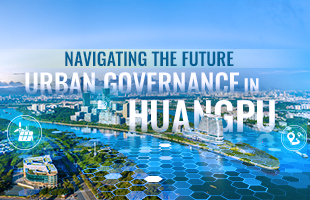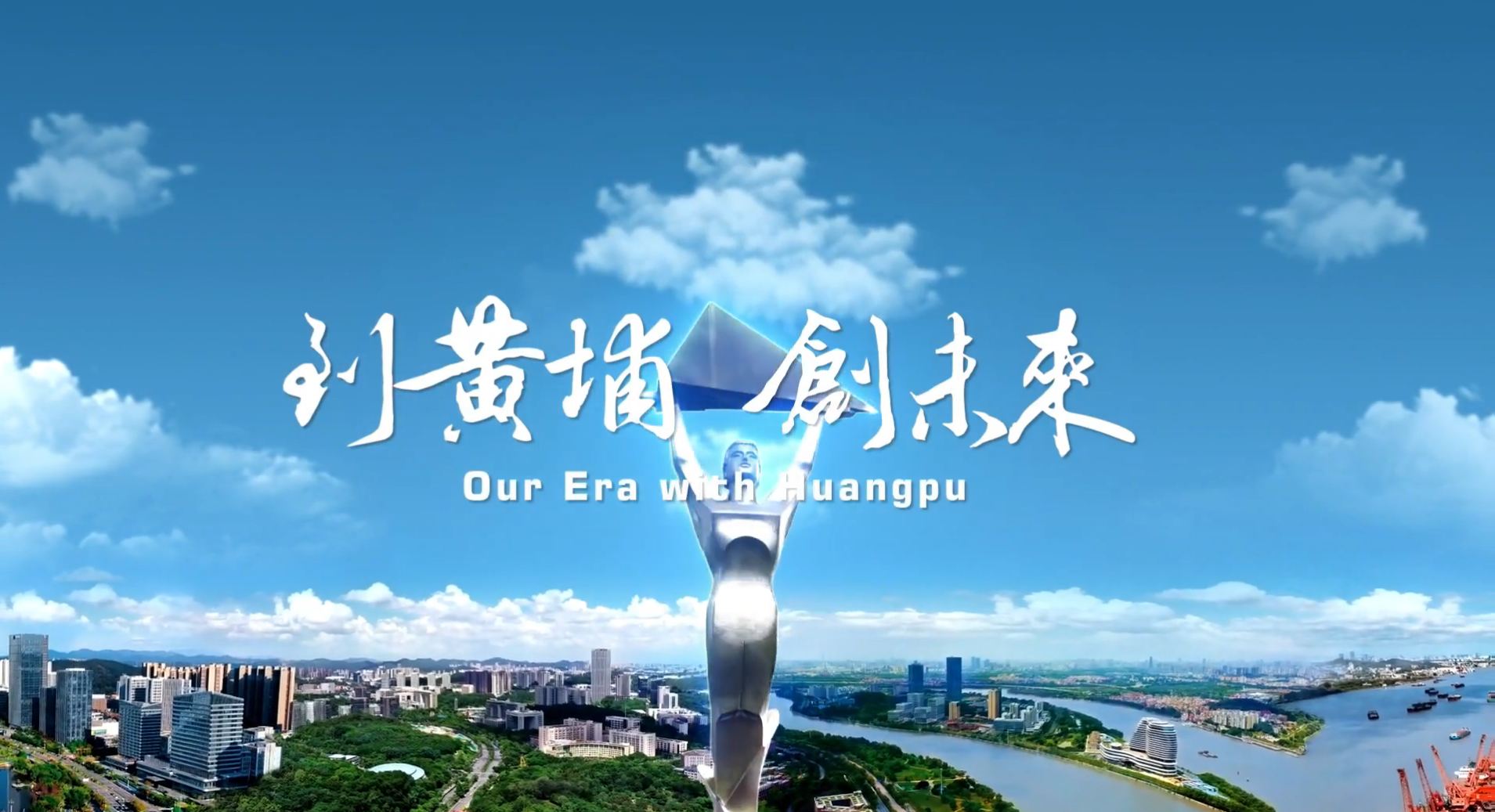Guangzhou Development District streamlines regulatory processes
By Chen Hong| Source: China Daily | Updated : 2018-09-05
A man completes the process of registering his business license at the administrative service center of Guangzhou Development District, Guangdong province. The registration process has been streamlined to no more than 34 days. [Photo provided to China Daily]
Guangzhou Development District in South China's Guangdong province has streamlined its services for the registration and completion of investment projects so that the process now takes no more than 34 days from beginning to end.
A couple of years ago, the administrative approval for new investment projects meant that companies would spend as long as 800 days going through all the procedures from registration to construction, according to a report by Guangzhou Daily.
But in Guangzhou Development District, one of China's earliest State-level economic and high-tech development zones, the government promises that it will take no longer than 34 working days to complete all procedures.
A preview of the streamlined process took place in March 2017, when automotive industry supplier Magna International wanted to set up a joint venture with Guangzhou Automobile Group. They received a single piece of paper from the Guangzhou Development District government on how to go through all the administrative procedures needed.
There was "not much time for us, as the production line was required to finish the relocation and testing and start operation before China's National Day holiday in October, or the supply to the downstream firms would be suspended," said Chen Guocheng, general manager of Cosma, as the joint venture is known.
Surprisingly, it took just one day for the company to fulfill the registration, he recalled, and the whole must-do list was accomplished in 28 days, much fewer than the previous average of 110 days, making it a model example to showcase how efficient government could be.
As a result, construction of the joint venture's production center began on April 26 and came into operation on schedule.
Guangzhou Development District is the first such area in China to make the 34-day completion promise. In fact, according to the government, the process is completed in only 10 and a half working days on average, and 99 percent of the applications are completed in due time.
The streamlined process is part of the district's ambition to make itself "a place closest to success" for corporations and talents.

A government staff member at Guangzhou Development District hands over a business license to an applicant. [Photo provided to China Daily]
Reform zone created
Guangzhou Development District got the nod from the provincial government to become a reform and experimental zone for Guangdong's business environment in June.
The district government issued a guideline in July to improve the local business environment to a world-leading level and launched a series of policies and documents covering 10 sectors, including starting a company, applying for a construction permit, power installation, real estate registration, tax and cross-border trade, to keep the district an ideal destination for global and domestic investors.
It leads the country in issuing expedited lists - which means the applicants can get the results immediately on site - that comprise a total of 223 categories of services, accounting for nearly one sixth of all that are provided by the government. The services include many matters that are closely connected with manufacturing and people's lives, such as household registration management, social insurance and transportation, according to the local government.
For new companies, the district government has launched reforms in the commercial system that roll 44 certificates into just one. As a result, when investors apply to set up a new company, they need to hand in just one application, which could help them get all the certificates needed, including business licenses, banking information and tax information.
The market watchdog of Guangzhou Development District said the new measure could cut application materials by 80 percent and dramatically lower the costs of starting a company.
"We set a goal that any new registration application could be accepted on site and handled at one time," said an official with Guangzhou Development District.
"We aim to create a world-leading business environment that is simplest in procedure, the most time-saving and with the lowest costs," an official from the district's administrative approval department said.
Official figures show that the district has already become more attractive to capital.

Another employee performs civil affairs work at a local service center. [Photo provided to China Daily]
The district government held a launch ceremony for 12 projects with an accumulative investment of more than 7 billion yuan ($1.02 billion) in late August, which together will generate at least 32 billion yuan in industrial output after they come into operation.
Among the projects, Agile Group Holdings, a leading property developer in China, will build an industrial park that is composed of an industrial incubator, biomedical research and development facilities and employee accommodations.
"We started to hold talks with the district government last year and were introduced in through public bidding," said Ruan Jiasheng, vice-president of the real estate investment arm of Agile.
"The business environment is very good. With so many preferential policies, we were comfortable to put the innovation project in the district," Ruan said.
Bluemoon, one of China's leading detergent brands, is also one of the investors.
"Guangzhou Development District is our company's home base. When our production capacity (became) saturated, the local government helped us find a new site for additional manufacturing facilities, which greatly supported our future development," said Luo Wengui, chairman of Bluemoon.
According to official figures, as of the end of August, nearly 17 billion yuan of fixed-asset investment was finished in the first seven months this year, representing an increase of 42.1 percent year-on-year.
Statistics show that there have been 89 foreign investment projects from January to July this year, up 64.8 percent from a year before.
- Investment and Entrepreneurship
- Investment Advantages
- Investment Guide
- Policies
- Key Projects
- Major Industries
- Industrial Parks
- Investment Opportunities
- Technological Innovation
- IPR
- Enterprises
- Talents
All rights reserved. Presented by China Daily
粤ICP备16087157号-1










